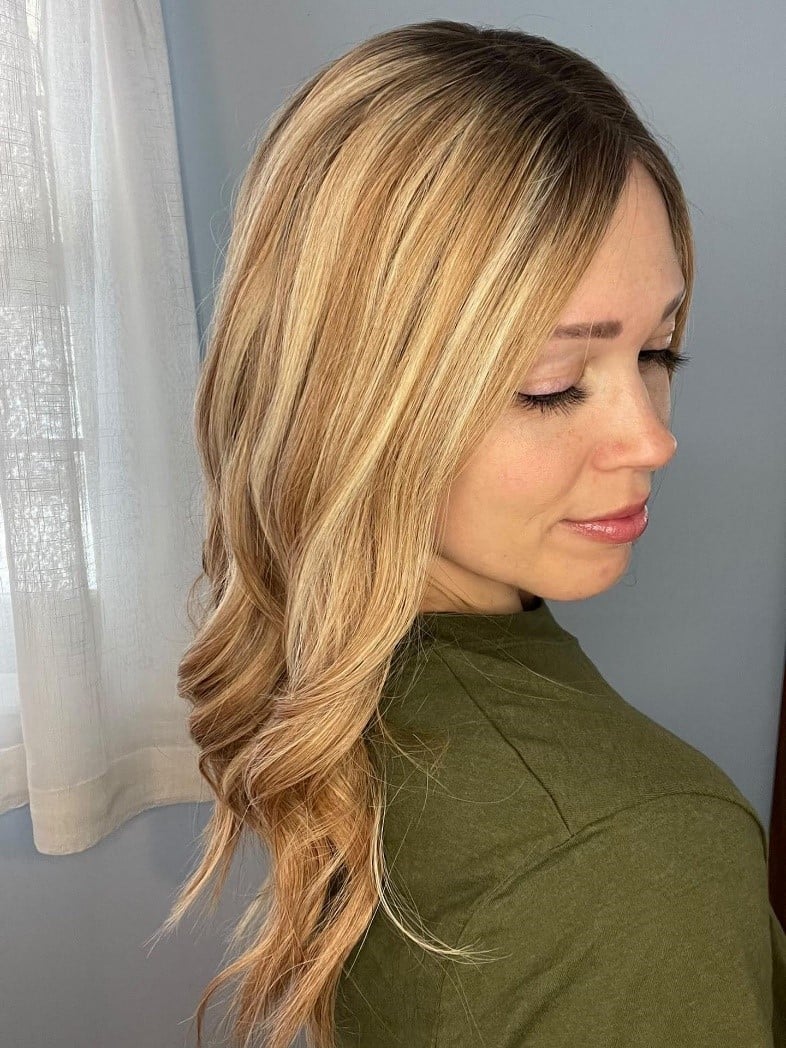Can Wearing A Wig Really Help Manage Trichotillomania?
Trichotillomania, a condition characterized by the irresistible urge to pull out one's hair, can have a significant impact on an individual's well-being. It often leads to noticeable hair loss, which can be emotionally distressing. Many people wonder if wearing a wig could offer a viable solution to manage the effects of trichotillomania. In this blog post, we will explore the potential benefits of wearing a wig as a coping mechanism for trichotillomania, providing insights and guidance for those seeking alternative ways to handle this challenging condition.
Understanding Trichotillomania
Trichotillomania is a complex disorder that is often linked to underlying psychological factors, such as anxiety or depression. Individuals with this condition experience an intense and compulsive urge to pull out their hair, resulting in visible hair loss. Managing trichotillomania requires a comprehensive approach that may involve therapy, medication, and the exploration of coping strategies, including the use of wigs.
The Role of Wigs in Coping with Trichotillomania
Wearing a wig can potentially offer several benefits for individuals dealing with trichotillomania:
Restoring Appearance and Confidence
One of the significant advantages of wearing a wig is the ability to restore one's appearance and regain lost confidence. Wigs are designed to closely resemble natural hair, allowing individuals with trichotillomania to conceal their hair loss and maintain their desired look.
Providing a Protective Barrier
By wearing a wig, individuals create a physical barrier that can help prevent further hair pulling. This barrier acts as a visual reminder and deterrent, reducing the temptation to engage in hair-pulling behavior. Over time, this can contribute to healthier hair regrowth and disrupt the cycle of hair pulling.
Enhancing Emotional Well-being
Hair loss resulting from trichotillomania can have a profound impact on self-esteem and emotional well-being. Wearing a wig can help alleviate these negative feelings by providing a sense of normalcy and allowing individuals to present themselves confidently. The psychological impact of regaining a desired appearance should not be underestimated.
Choosing the Right Wig
When considering a wig for trichotillomania, there are important factors to keep in mind:
Comfort and Fit
Choosing a wig that fits comfortably is crucial. It should securely stay in place and feel natural on the scalp. Lightweight and breathable materials can enhance overall comfort, particularly during extended periods of wear.
Natural Appearance
Opt for wigs made from high-quality synthetic or human hair that closely match your natural hair texture, color, and style. A seamless blend with your existing hair can further enhance the realistic appearance.
Maintenance and Care
Consider the ease of maintaining and caring for the wig. Look for wigs that are easy to clean, style, and maintain, ensuring a hassle-free experience.
Conclusion
While wearing a wig may not directly address the underlying causes of trichotillomania, it can play a valuable role in managing the visible effects and providing a sense of normalcy. Restoring appearance, protecting against further hair loss, and boosting emotional well-being are all compelling reasons to consider using wigs as a coping mechanism. However, it's essential to remember that wigs should be part of a comprehensive approach to trichotillomania, which may include therapy, support groups, and professional guidance. If you or someone you know is dealing with trichotillomania, seeking help from a healthcare professional can provide personalized insights and recommendations for a holistic treatment approach.
Popular Posts
-
What Hair Should I wear on Valentine’s Day? Comfortable, natural,...
![]() 596
596 -
What Is Frontal Fibrosing Alopecia (FFA)? Best Hairpieces for a...
![]() 521
521 -
Coming Soon: ORIGIN™ Isabella – Grab a $60 Voucher for Just $1...
![]() 458
458 -
Meet ORIGIN™ Isabella: Smooth, Tangle-Free Lace Front Wig from the...
![]() 363
363 -
Meet ORIGIN™ Isabella: How to Wear, Style & Make It Last
![]() 159
159
Writers Cooperation:
UniWigs are seeking for blog contributors who know and love hair. If you know alternative hair or hair related accessories, if you have great understanding of hair trends and fashion, if you are expert in hair care, if you have any experience with salons or celebrities, if you would like to share your experience to help people just like you make the right choice, now contact us at [email protected] to be a blog contributor. Let’s discuss the details then.




Comments
Welcome Back!
Forgot your password?